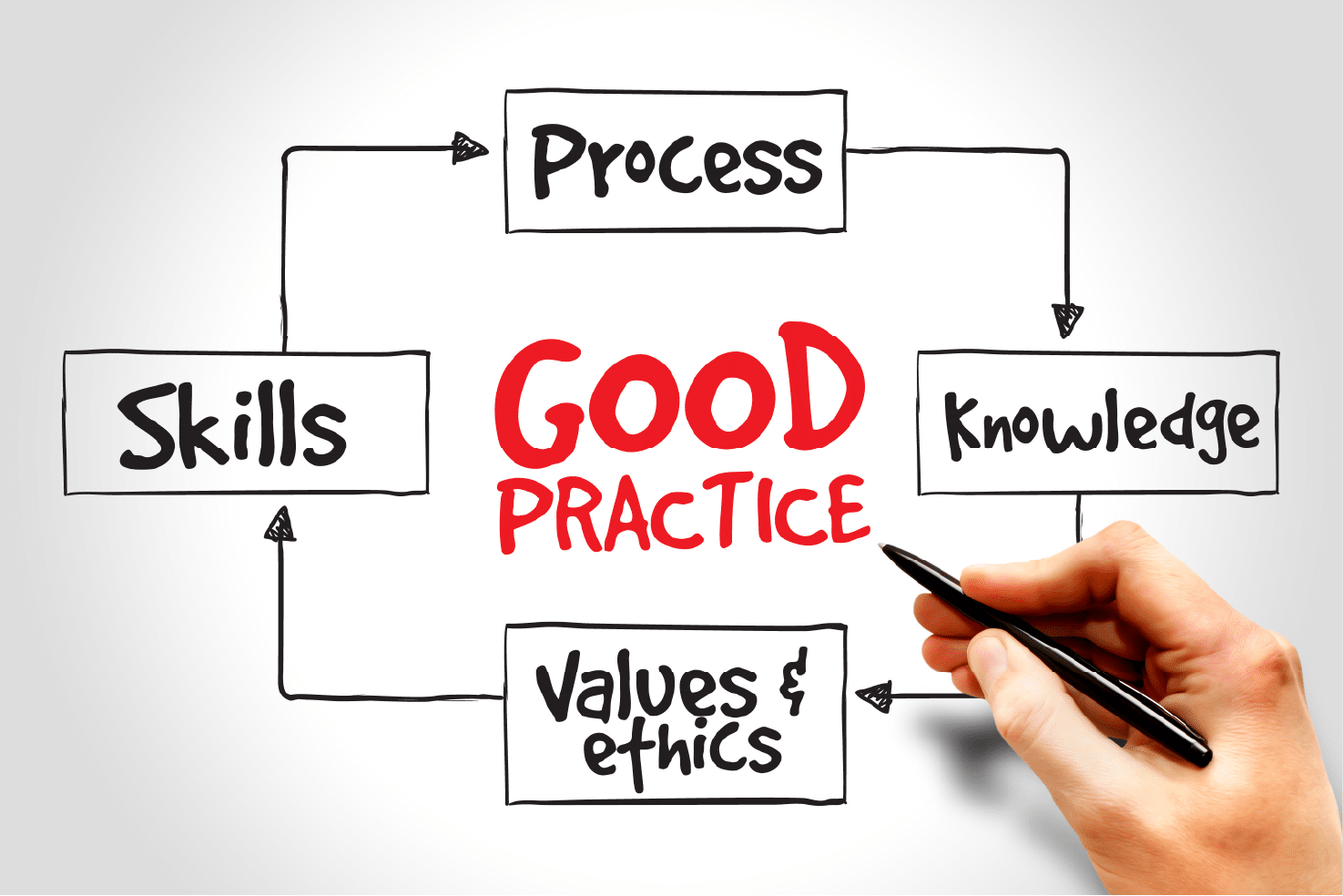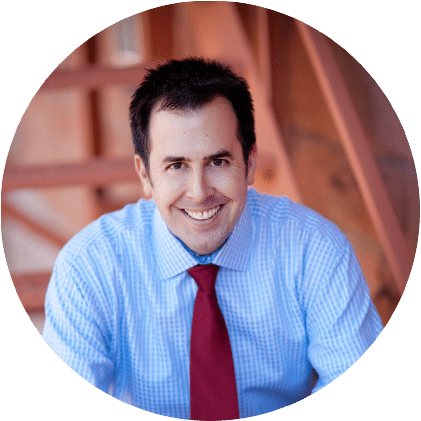Ethics Master Class
morale building for your organization & life
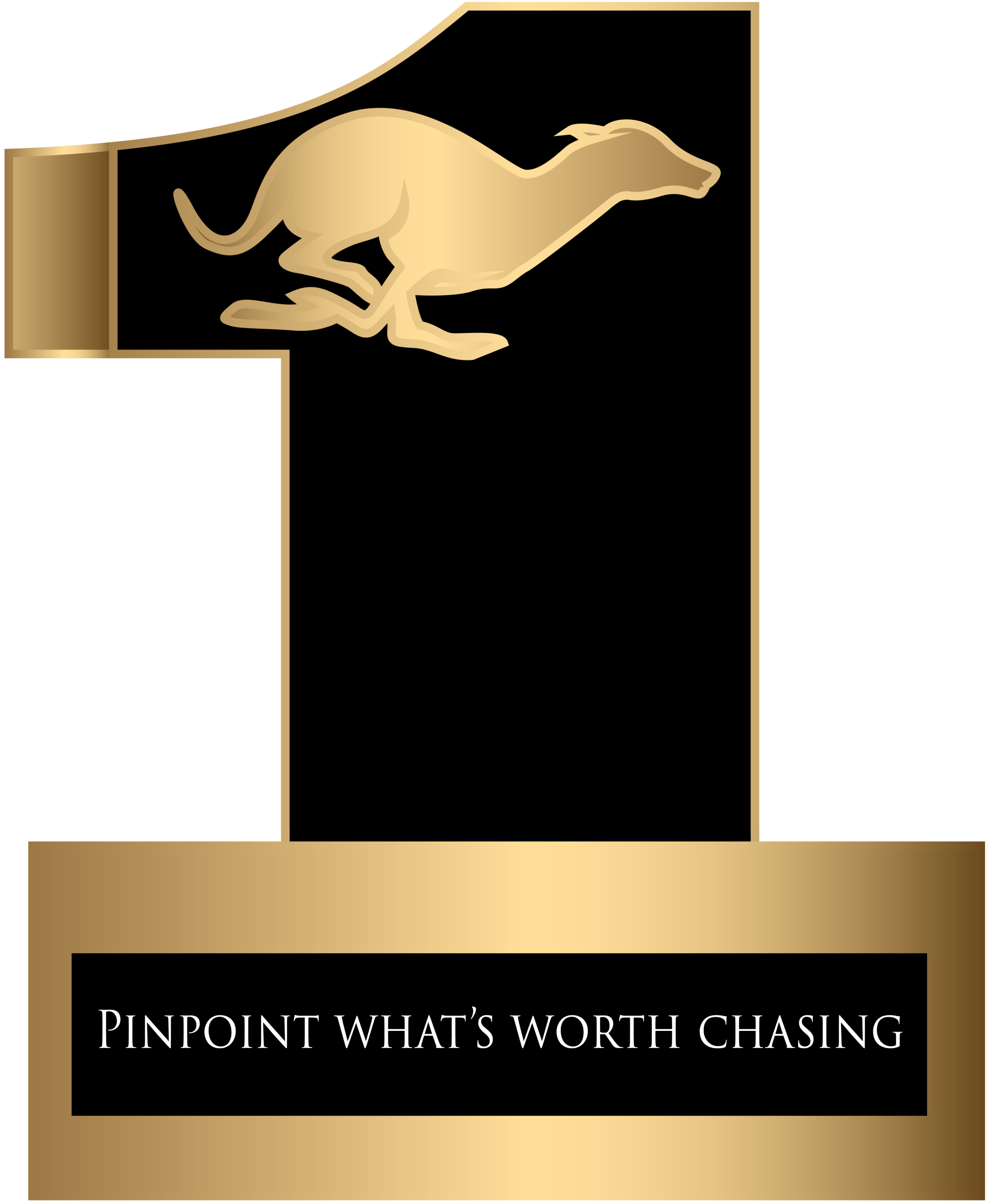


Your Instructor: Corey Ciocchetti
A Professor of Business Ethics and Legal Studies at the University of Denver, Corey Ciocchetti is one of the University’s most popular and highest-rated professors. Corey joined DU after graduating with a law degree from Duke University School of Law, a Masters degree in Religious Studies and two Bachelors degrees in Finance and Economics—summa cum laude—from the University of Denver.
Corey is a talented speaker and teacher and has won multiple teaching and speaking awards including the Outstanding Professor of the Year Award. He currently teaches classes on business law and ethics in a department ranked by the Wall Street Journal and Business Week in the top ten nationwide for producing students with high ethical standards.
Corey also speaks to tens of thousands of individuals each year about “authentic success” and living an ethical life and is the author of the book Inspire Integrity: Chase An Authentic Life. He has spoken to diverse audiences internationally and in over 250 cities and 46 states over the past ten years. A Colorado native, Corey resides in Denver with his wife, Jillian and daughters Sophia and Sydney.
3 Ways to Take The Ethics Master Class
In Person
Schedule a half or full-day session with Corey at your organization. You also gain instant access to learning materials such as videos, current cases, examples & questions, slides, worksheets, and more . . .
Online
Take all the classes online at your own pace. You also gain instant access to learning materials such as videos, current cases, examples & questions, slides, worksheets, and more . . .
Both
Bring in one or more of Corey's talks and then watch the rest online. This can be as short as a one hour keynote or break-out session. You also gain instant access to learning materials such as videos, current cases, examples & questions, slides, worksheets, and more . . .
What's Included in the Toolkit:
The Topics
The Method
Practice
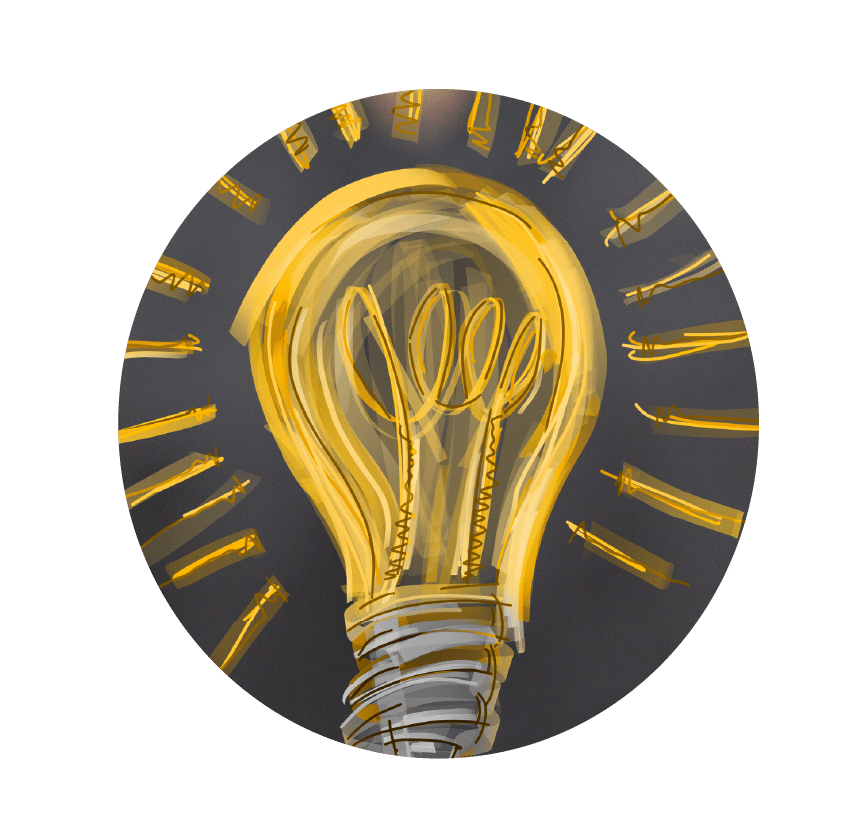


Maximize Good: Utilitarianism
The greatest-good principle posits that personal and organizational decisions should maximize good and reduce harm for as many as possible. Utilitarianism has its pros and cons. We evaluate how this theory can solve real world business, political, and economic dilemmas but how it also often ignores vulnerable minority groups.
Do Your Duty: Deontology
Deontology is the study of moral duty. This module evaluates why it is wrong to make an exception for yourself that you are not willing to grant to others. We also cover the reasons why people have intrinsic value and should never be used solely as a means to an end.
Be A Better You: Virtue Ethics
Study Aristotle's major ethical framework and its view of virtues and the golden mean. Evaluate the core of what makes an action a virtue or a vice and how to live a virtuous life. In the end, Virtue Ethics is an ideal way for people to develop their character in a consistent and effective manner.
Leadership
Evaluate and synthesize the qualities of a values-based leader under the concept of "Becoming A Leader You Would Follow." Learn about how to move the bell curve in your organization to the right, how to deal with your best and worst-performing people, and how to improve organizational morale.
Stress Mgmt
Stress is omnipresent. It need not take over our lives or our organizational culture, however. Take a stress test and then learn the best ways to reduce your minor stressors so you can focus on your major stressors. The goal is to reduce stress to the point where you can focus on making your life and work more sustainable and prosperous.
Law & Ethics
Juxtapose the ethical frameworks you just learned with what the law allows. We will take special note of when and why ethics and law often dovetail and whether judges have any obligation to vote based on their ethical predispositions.
Video Lectures
Professor Corey Ciocchetti is nationally known for his ability to simplify complicated information in a fun and impactful manner. His lectures are crafted from fifteen years’ experience teaching and speaking across the world. Corey deftly tackles the most difficult issues of public policy, law, and ethics such as religious freedom, immigration reform, foreign policy, and health care, to name a few. You'll want to keep watching.
Lecture Slides
All Ethics Master Class slides are carefully crafted to better allow you to grasp this tough material. Instead of page after page of boring, bullet-pointed material, these slides are tired to specific lectures and present key information in a memorable manner. EMC slide decks are downloadable for your review as well.
Quizzes
You must pass certain assessments to gain your Ethics Master Class certificate. But please don't fret. These modules are designed to make sure you pass easily. To that end, you are able to take and retake quizzes as needed to really grasp the material.
Worksheets
Work through this tough material using examples that build in complexity and depth. These are the types of worksheets that you will want to keep around and reference.
Case Analysis
Work through real life legal cases to see where the law aligns or conflicts with the material you learned in the Ethics Master Class. For example, when does free speech push ethical boundaries too far? How should religious business owners navigate state and federal laws that seem to contradict their religious principles? When should an organization avoid a restrictive, yet legal, non-compete agreements? How do managers walk the line between maximizing employee performance and maximizing employee morale? The realm of such cases is endless. Enjoy!
Guided Homework (the good kind)
The Ethics Master Class is filled with homework assignments that you can take on at your own pace. Some will require you to write your thoughts or list your priorities. Others will have you wrestle through the theories and their strengths and weaknesses. There are no grades; this homework is done out of personal pride . . . yours.
Practical Examples
The real-world examples given in this class will help you address the tough moral dilemmas in your life, career, and world. The cool part of this course is that each framework can be used to navigate the toughest issues in our society, issues that cause fights when analyzed without an ethical lens. In addition to posing the dilemmas, Corey and his team walk you through the solutions. Put on your thinking caps and let's get started.
Life Assessment
This is a critical starting point to any life journey worth taking. It's time to take a look at the following questions: (1) Who am I? (2) Who do I want to be? (3) What traits do those who resemble the person I'd like to be possess? (4) What has to change in my life to get there? (5) Is it worth it? Enjoy the mental exercise of figuring out who you really want to be.
Priority Alignment
Spend some time pondering the priorities your heart desires and then comparing the way you live your life to those priorities. Are you properly prioritizing your work, family, faith, friends, health, hobbies? The idea is to find out what your heart wants and how often it gets what it wants. This might be the most important exercise you do all year!
Legacy Building
Ralph Waldo Emerson said that you leave a legacy through "a healthy child, a garden patch, or a redeemed soical condition." This exercise asks you to identify your legacy and then tie it to one of Emerson's guideposts. Be ready to get some goosebumps here.
What’s Included:
The Topics
Maximize Good: Utilitarianism
The greatest-good principle posits that personal and organizational decisions should maximize good and reduce harm for as many as possible. Utilitarianism has its pros and cons. We evaluate how this theory can solve real world business, political, and economic dilemmas but how it also often ignores vulnerable minority groups.
Do Your Duty: Deontology
Deontology is the study of moral duty. This module evaluates why it is wrong to make an exception for yourself that you are not willing to grant to others. We also cover the reasons why people have intrinsic value and should never be used solely as a means to an end.
Be A Better You: Virtue Ethics
Study Aristotle’s major ethical framework and its view of virtues and the golden mean. Evaluate the core of what makes an action a virtue or a vice and how to live a virtuous life. In the end, Virtue Ethics is an ideal way for people to develop their character in a consistent and effective manner.
Leadership
Evaluate and synthesize the qualities of a values-based leader under the concept of “Becoming A Leader You Would Follow.” Learn about how to move the bell curve in your organization to the right, how to deal with your best and worst-performing people, and how to improve organizational morale.
Stress Mgmt
Stress is omnipresent. It need not take over our lives or our organizational culture, however. Take a stress test and then learn the best ways to reduce your minor stressors so you can focus on your major stressors. The goal is to reduce stress to the point where you can focus on making your life and work more sustainable and prosperous.
Law & Ethics
Juxtapose the ethical frameworks you just learned with what the law allows. We will take special note of when and why ethics and law often dovetail and whether judges have any obligation to vote based on their ethical predispositions.
The Method
Video Lectures
Professor Corey Ciocchetti is nationally known for his ability to simplify complicated information in a fun and impactful manner. His lectures are crafted from fifteen years’ experience teaching and speaking across the world. Corey deftly tackles the most difficult issues of public policy, law, and ethics such as religious freedom, immigration reform, foreign policy, and health care, to name a few. You’ll want to keep watching.
Lecture Slides
All Ethics Master Class slides are carefully crafted to better allow you to grasp this tough material. Instead of page after page of boring, bullet-pointed material, these slides are tired to specific lectures and present key information in a memorable manner. EMC slide decks are downloadable for your review as well.
Quizzes
You must pass certain assessments to gain your Ethics Master Class certificate. But please don’t fret. These modules are designed to make sure you pass easily. To that end, you are able to take and retake quizzes as needed to really grasp the material.
Worksheets
Work through this tough material using examples that build in complexity and depth. These are the types of worksheets that you will want to keep around and reference.
Case Analysis
Work through real life legal cases to see where the law aligns or conflicts with the material you learned in the Ethics Master Class. For example, when does free speech push ethical boundaries too far? How should religious business owners navigate state and federal laws that seem to contradict their religious principles? When should an organization avoid a restrictive, yet legal, non-compete agreements? How do managers walk the line between maximizing employee performance and maximizing employee morale? The realm of such cases is endless. Enjoy!
Guided Homework (the good kind)
The Ethics Master Class is filled with homework assignments that you can take on at your own pace. Some will require you to write your thoughts or list your priorities. Others will have you wrestle through the theories and their strengths and weaknesses. There are no grades; this homework is done out of personal pride . . . yours.
Practice
Practical Examples
The real-world examples given in this class will help you address the tough moral dilemmas in your life, career, and world. The cool part of this course is that each framework can be used to navigate the toughest issues in our society, issues that cause fights when analyzed without an ethical lens. In addition to posing the dilemmas, Corey and his team walk you through the solutions. Put on your thinking caps and let’s get started.
Life Assessment
This is a critical starting point to any life journey worth taking. It’s time to take a look at the following questions: (1) Who am I? (2) Who do I want to be? (3) What traits do those who resemble the person I’d like to be possess? (4) What has to change in my life to get there? (5) Is it worth it? Enjoy the mental exercise of figuring out who you really want to be.
Priority Alignment
Spend some time pondering the priorities your heart desires and then comparing the way you live your life to those priorities. Are you properly prioritizing your work, family, faith, friends, health, hobbies? The idea is to find out what your heart wants and how often it gets what it wants. This might be the most important exercise you do all year!
Legacy Building
Ralph Waldo Emerson said that you leave a legacy through “a healthy child, a garden patch, or a redeemed soical condition.” This exercise asks you to identify your legacy and then tie it to one of Emerson’s guideposts. Be ready to get some goosebumps here.
Or . . . focus on your continuing professional education:
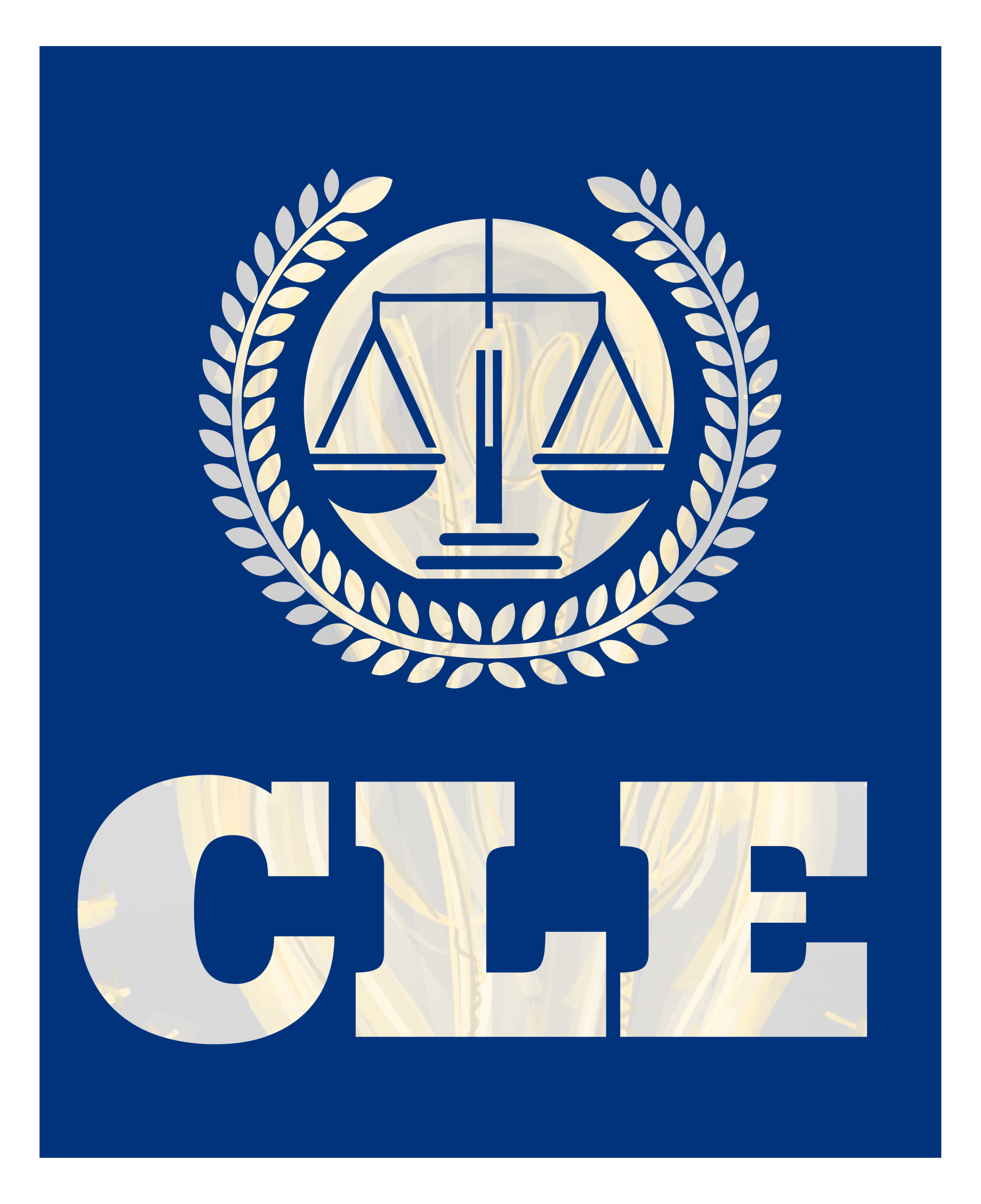
The Law
Find a fun and impactful CLE course for your state. Corey’s programs full of information and examples pertinent to your career and life. Check it out.
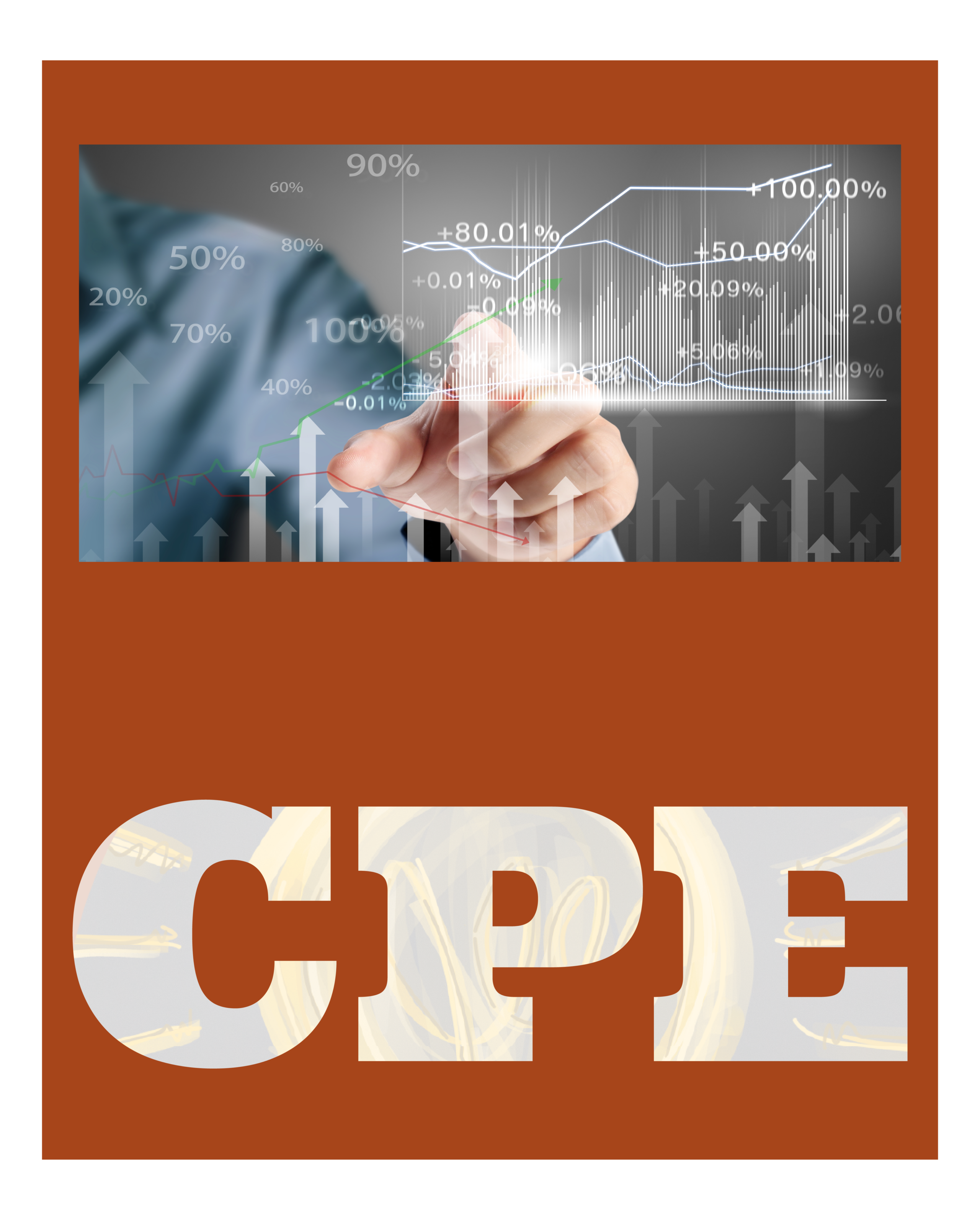
Accounting
Application of critical ethical frameworks to the Code of Professional Conduct. These courses are full of information pertinent to your career. Check it out.
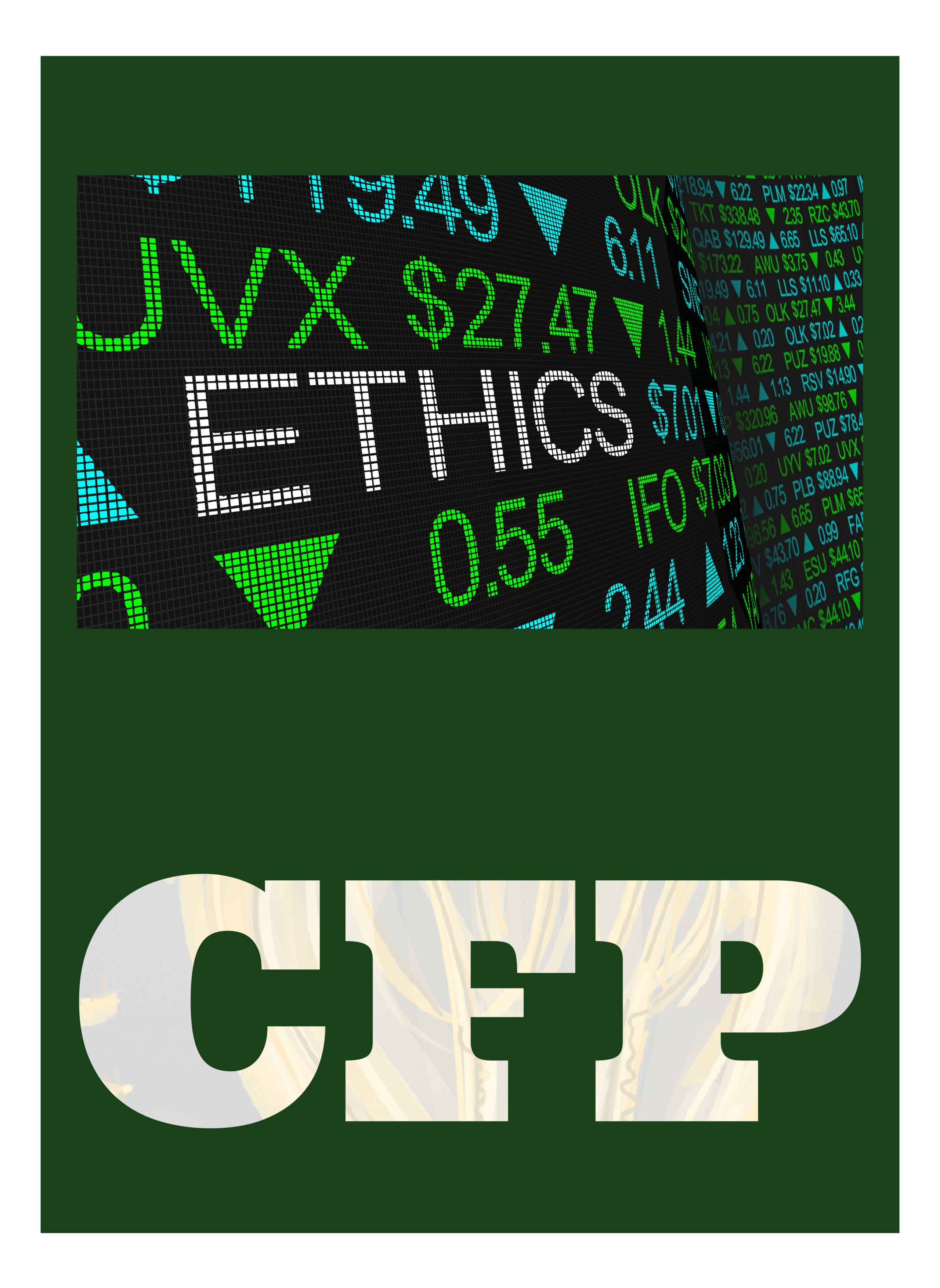
Finance
Find a fun and impactful CLE course for your state. Corey’s programs are fun and full of information pertinent to your career. Check it out.
Ethics Master Class is On Its Way to:
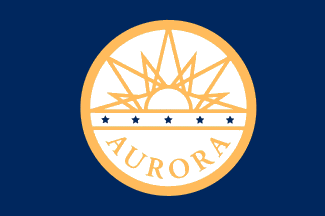
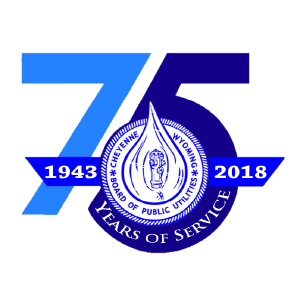

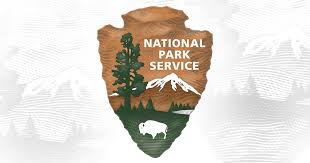
Create A Free Ethics Master Class Account
